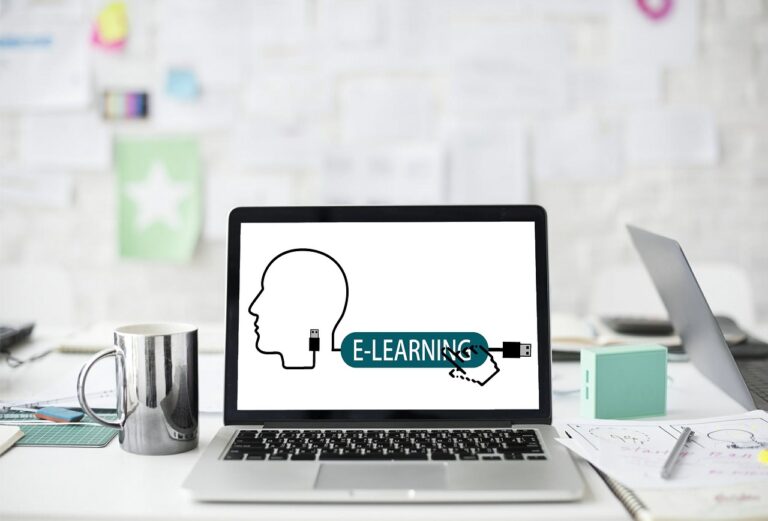Enhancing Digital Literacy Skills Among Educators
Digital literacy skills have become essential for educators in today’s digital age. Teachers need to be adept at using technology for various educational purposes, such as preparing engaging lesson plans, conducting online research, and communicating with students and parents through digital platforms. By being proficient in digital literacy, educators can enhance their teaching methods and better cater to the diverse learning styles of students.
Moreover, digital literacy skills empower educators to equip their students with the necessary knowledge and skills to navigate the digital world responsibly. By incorporating technology into their teaching practices, educators can help students develop critical thinking, problem-solving, and information literacy skills. Digital literacy also enables educators to address digital citizenship and online safety issues, preparing students to become responsible digital citizens in the modern world.
Understanding the Basics of Digital Literacy
Digital literacy is essential in today’s educational landscape. It involves the ability to locate, evaluate, and utilize information from various digital sources effectively. Educators need to possess these skills to navigate the vast digital world and guide their students towards responsible and meaningful use of technology. Without a solid understanding of digital literacy, educators may struggle to keep up with the evolving technological tools and effectively equip their students for the future.
Furthermore, digital literacy goes beyond simple technical skills; it also encompasses critical thinking, creativity, and communication skills. Educators must be able to not only use digital tools but also teach their students how to critically analyze information, think creatively to solve problems, and communicate effectively in the digital realm. By mastering these digital literacy basics, educators can create engaging and interactive learning experiences that prepare students for success in a technology-driven society.
Why are digital literacy skills important for educators?
Digital literacy skills are essential for educators as technology plays a significant role in modern education. Educators need to be proficient in using digital tools to enhance teaching methods, engage with students, and stay updated with the latest educational resources.
What are the basics of digital literacy?
The basics of digital literacy include understanding how to use digital devices such as computers, tablets, and smartphones, navigating the internet effectively, evaluating online sources for credibility, and practicing good digital citizenship.
How can educators improve their digital literacy skills?
Educators can improve their digital literacy skills by taking online courses or workshops, staying updated with technology trends in education, experimenting with different digital tools in their teaching practices, and collaborating with other educators to share best practices.
What are the benefits of being digitally literate as an educator?
Being digitally literate as an educator allows for more effective communication with students, access to a vast array of educational resources online, the ability to create engaging multimedia content for teaching, and staying competitive in the rapidly evolving field of education.
How can educators teach digital literacy skills to their students?
Educators can teach digital literacy skills to their students by incorporating technology into their lessons, providing guidance on how to navigate the internet safely and responsibly, encouraging critical thinking when evaluating online information, and promoting good digital citizenship practices.





